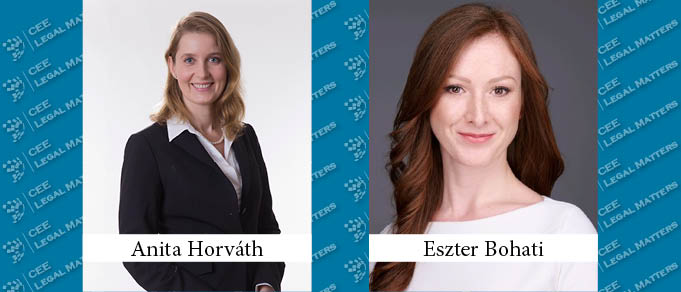Due to rising energy prices more and more employers are considering continuing or (re)introducing the home office (i.e. (partial) teleworking), previously introduced out of necessity, where workloads allow and now on the basis of cost efficiency. For the time being, the rise in energy prices does not seem to have discouraged employees from teleworking, and in many places the possibility of teleworking has become an expectation of employers.
The rise in energy prices may, however, shed new light on a not so old topic, namely the reimbursement of telework-related costs by employers.
According to the Labor Code, the employer must reimburse the employee for justified expenses incurred in connection with the fulfillment of the employment relationship. Therefore, the main question is what (extra) costs may be incurred as a result of teleworking and whether they are justified. On this basis, costs that the employee incurs independently of the employment relationship (or teleworking) should not be included (for example, the employee's already existing internet subscription).
On the other hand, increased energy consumption, for example, may undoubtedly be an additional cost due to teleworking (the extent to which such costs are considered justified should be examined separately).
However, the flat-rate teleworking cost reimbursement (not discussed here, as the topic has been thoroughly assessed) is of no relevance in terms of the above general reimbursement obligation of the employer set out under the Labor Code, as it is not compulsory to pay such allowance to the employee, and it is only a (facilitated) settlement option, the payment of which must be agreed between the parties. However, even if the parties have agreed on the payment of a flat-rate teleworking cost reimbursement, the increase in energy prices may lead to costs incurred by the employee exceeding the flat-rate teleworking cost reimbursement, which in turn will result in an (additional) cost reimbursement obligation on the part of the employer.
As regards the justification of the costs, it is to be noted that if the teleworking option is chosen by the employee himself, and as a result the employee incurs costs, while he could have worked from the company premises, his claim for reimbursement is less justified than in the case when the employee is "obliged" to telework. Another important consideration in relation to justification is whether the expense was incurred because of a decision by the employee or because the employer required the provision of certain conditions (whether such condition concerns work equipment or safety, quality of internet connection, IT security, confidentiality measures, etc.).
Therefore, with the winter months approaching employers should assess in advance possible future employee reimbursement claims and develop a coherent communication and strategy.
By Anita Horvath, Partner, and Eszter Bohati, Associate, Dentons




